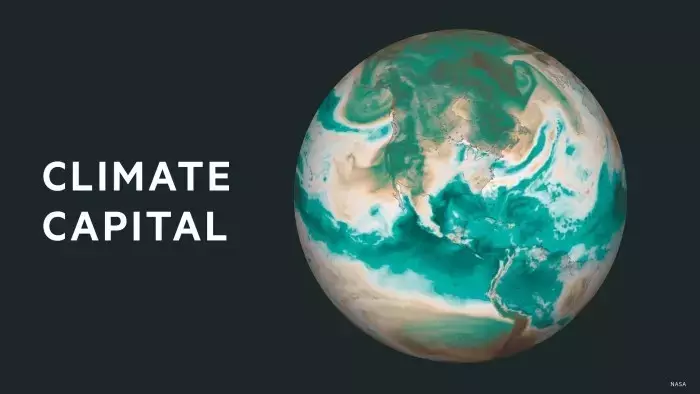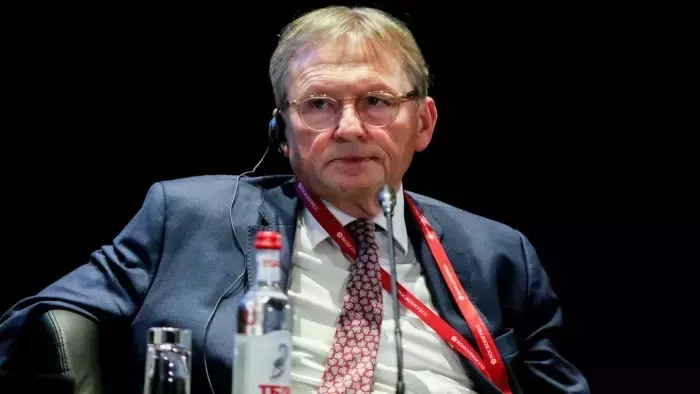



Russia is significantly expanding its nuclear energy presence internationally, driven by the increasing demand for clean energy and artificial intelligence's growing power requirements. The country is constructing over ten nuclear units in various nations, solidifying its position as a leading global nuclear power provider. Despite facing sanctions in the oil and gas sector following its invasion of Ukraine, Russia has intensified its efforts to boost its influence through nuclear technology. Developing countries and tech firms are showing strong interest in nuclear power for its environmental benefits, while Western governments attempt to counterbalance Russia's dominance in this sector.
Global Expansion of Nuclear Projects
Russia is actively building its nuclear capabilities across multiple continents, with projects underway in countries such as Bangladesh, China, Egypt, India, Iran, and Turkey. These initiatives aim to meet the surging energy demands from developing nations and AI-driven data centers. Boris Titov, a Kremlin representative, highlighted that Russia anticipates significant growth in nuclear power adoption due to its clean and reliable nature. This expansion underscores Russia's strategic move to become one of the world's largest builders of new nuclear plants, capitalizing on the International Atomic Energy Agency’s forecast predicting a 155% increase in global nuclear generating capacity by 2050.
Russia's overseas nuclear portfolio now spans 54 countries, according to research published in Nature Energy. Key projects include the Paks 2 plant in Hungary, reactors in Bangladesh and Turkey, and plans for small modular reactors in Uzbekistan. Additionally, Russia signed an agreement with Burkina Faso in 2023 to further extend its reach. The Financial Times reported that Russia is involved in more than a third of all new reactor constructions globally. This extensive network not only bolsters Russia's economic ties but also enhances its geopolitical influence, particularly in regions where energy security is paramount.
Western Responses and Geopolitical Implications
Western governments have responded to Russia's nuclear ambitions with caution and resistance. The United States has imposed bans on Russian-enriched uranium imports, aiming to limit Moscow's control over critical energy resources. Eastern European countries, except for Hungary, have shifted towards US-developed fuels for Soviet-era reactors post-Ukraine invasion. The EU is striving to eliminate Russian fuel imports by 2027, with a focus on examining the entire nuclear supply chain. However, some leaders like Viktor Orbán of Hungary and Robert Fico of Slovakia oppose restrictions, citing financial risks and potential disruptions to their electricity production.
Despite concerns about possible nuclear fuel shortages similar to the 2022 gas crisis, a senior EU official believes Rosatom has a vested interest in maintaining reliability. Immediate challenges arise from US sanctions on Gazprombank, which affect energy payments to Russia, excluding civil nuclear projects except for Hungary’s Paks 2 plant. Meanwhile, many developing countries see nuclear power as a viable solution for meeting clean energy goals, presenting new market opportunities for Russia. At the UN COP29 summit, Jake Levine from the US National Security Council expressed worries about nations turning to China or Russia for nuclear power, emphasizing the competitive dynamics within the industry.
